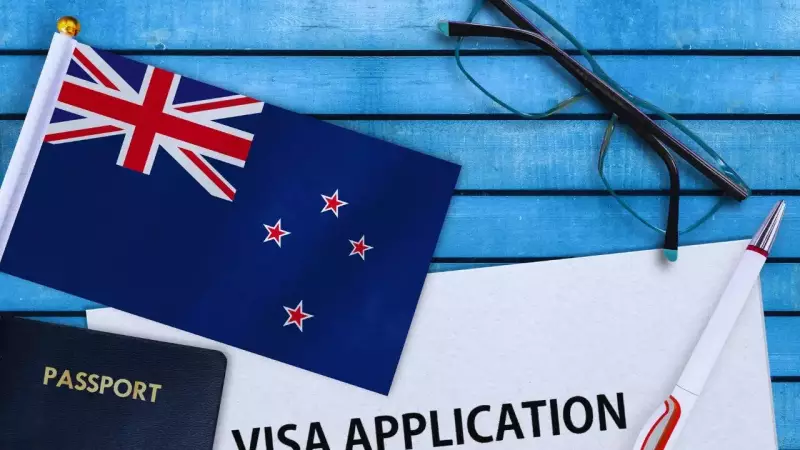
In a significant move to enhance its global appeal, New Zealand has announced a major expansion of work rights for international students. These changes, set to take effect from 3 November 2025, will apply to all new student visas issued from this date, offering greater flexibility for students to support themselves financially and gain valuable professional experience.
Enhanced Part-Time and Full-Time Work Provisions
The most notable update is the increase in permitted part-time work hours. International students on a full-time student visa can now work up to 25 hours per week, a rise from the previous 20-hour limit. This applies to students enrolled in courses lasting at least two academic years, programmes leading to a New Zealand qualification at Level 4 or above on the NZQCF, or those participating in an approved tertiary-student exchange programme for at least one semester.
Eligibility for part-time work also extends to part-time students if their course contributes points towards the Skilled Migrant Category Resident Visa or if they are in their final semester of a programme that is at least two years long. Importantly, any practical work experience that is a mandatory part of the course curriculum does not count towards this 25-hour weekly limit.
During scheduled breaks like Christmas and New Year holidays, students in full-time courses can work full-time. This is permitted if their course lasts at least one academic year, is worth 120 credits or more, and spans a minimum of two semesters over eight months.
Special Provisions for Research and Language Students
Students pursuing master's by research or doctoral degrees (PhD) enjoy unparalleled flexibility, with no restriction on work hours as long as they maintain full-time enrolment. Those who need to pause their studies for full-time work must first obtain approval from their education provider.
Even English-language students can benefit from the new 25-hour work week, provided they meet specific conditions. For courses of at least 24 teaching weeks, students must be studying full-time with the primary goal of improving their English and must possess a valid English-language test result like IELTS with an overall band score of 5.0. Shorter courses of 14 teaching weeks or more also allow part-time work if the study is full-time and the provider is a university or an NZQA Category 1 institution.
Post-Study Opportunities and Key Restrictions
Upon completing their studies, international students can transition to a Post Study Work Visa, allowing them to remain in New Zealand and work. The duration of this visa is linked to the level and length of the completed study. For example, PhD students submitting their thesis may qualify for up to three years of work rights.
However, students must adhere to certain restrictions. They are prohibited from self-employment and must work under a formal employment agreement. Any work in commercial sexual services is strictly forbidden. Violating these conditions by working outside permitted hours can lead to severe consequences, including deportation and complications with future visa applications.
All students planning to work must obtain an Inland Revenue Department (IRD) number for tax purposes and provide it to their employer. Secondary school students in Years 12 and 13 can also work up to 25 hours per week during the term, with those under 18 requiring written permission from their school and a parent or guardian.
These comprehensive updates are part of New Zealand's strategic effort to position itself as a top-tier destination for international education, balancing academic excellence with tangible professional development opportunities.





